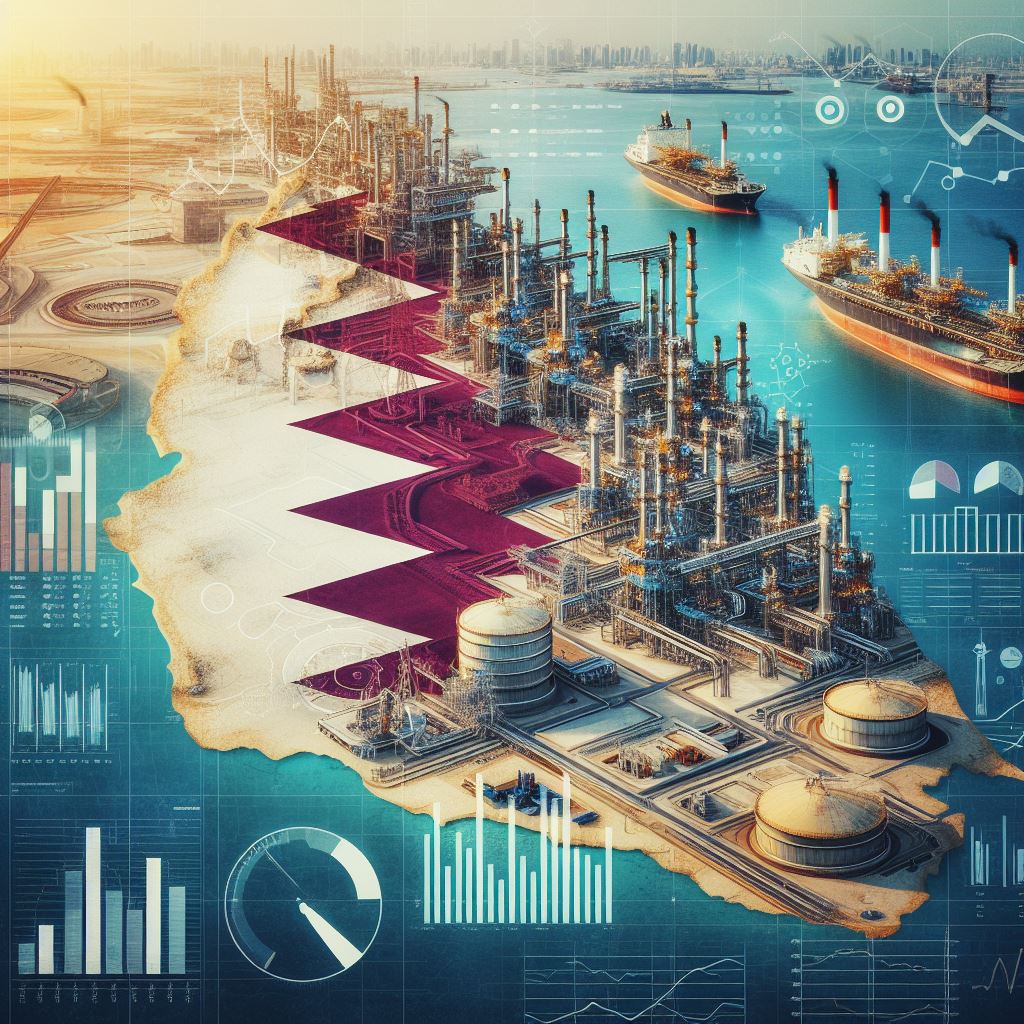How much oil does Qatar have?
Qatar, a small, prosperous country on the Arabian Gulf, has long been viewed as a key player in the global oil market. The vast reserves made Qatar one of the world’s leading oil producers. Since the country’s economy is heavily dependent on oil exports, it is important to monitor Qatar’s oil reserves.

Qatar’s oil wealth lies in its deserts, beneath where vast oil fields have been discovered. These projects have played a key role in Qatar’s transformation from a colony to one of the most prosperous countries in the world. The country’s reserves are especially rich in the Northern Hemisphere, which is one of the world’s largest areas of unconnected natural gas. Interestingly, the latter area is also rich in oil, making Qatar an important player in the oil and gas sector.
According to estimates from the U.S. Energy Information Administration, Qatar has about 25 billion barrels of proven oil reserves. Controlling such vast oil reserves, Qatar ranks among the top 15 countries in the world in terms of proven oil reserves. This huge reserve will enable Qatar to position itself as a major hydrocarbon exporter of oil to various countries around the world Qatar’s oil is primarily explored and produced by Qatar Petroleum (QP), the government-owned company that manages and refines the country’s hydrocarbon resources QP is investing heavily in technology upgrades to maximize oil production from its fields in. These efforts resulted in increased production efficiency and a steady supply of oil exports.
Despite its vast reserves, Qatar understands the importance of diversifying its economy. Consequently, the country is focusing on developing its natural gas sector, which has grown exponentially in recent years.
Read more:
- Qatar’s Growing Influence in Global Oil Markets
- Upcoming Major Oil Wells in the Middle East: Locations, Production Estimates, and Impact
- Financial Performance of Major Arab Oil Firms: A Comparative Analysis
Qatar is now the world’s largest exporter of liquefied natural gas (LNG), providing a useful additional revenue stream in addition to oil exports. It should be noted that the global demand for oil has changed in recent years due to various factors such as the push for renewable and sustainable energy and this change represents a challenge for recipient countries rely heavily on oil exports, including Qatar.
But the country recognizes the importance of adapting to new market developments and is aggressively investing in renewable energy to secure its energy future Qatar’s combined oil reserves and investment in alternative energy enable it to successfully navigate the country’s evolving energy landscape By embracing new technologies and diversifying its economy, Qatar is well positioned to remain a dominant player in the global oil market.
Conclusion
Qatar has vast oil reserves, amounting to about 25 billion barrels.As one of the world’s largest oil producers, the country used its oil wealth to build a booming economy. However, Qatar understands the need for diversification and is actively investing in its natural gas sector, making it the world’s largest exporter of LNG. Moreover, the country is also embracing renewable energy for its energy future. This insight ensures that Qatar remains at the forefront of the global energy landscape even as the world passes by.

